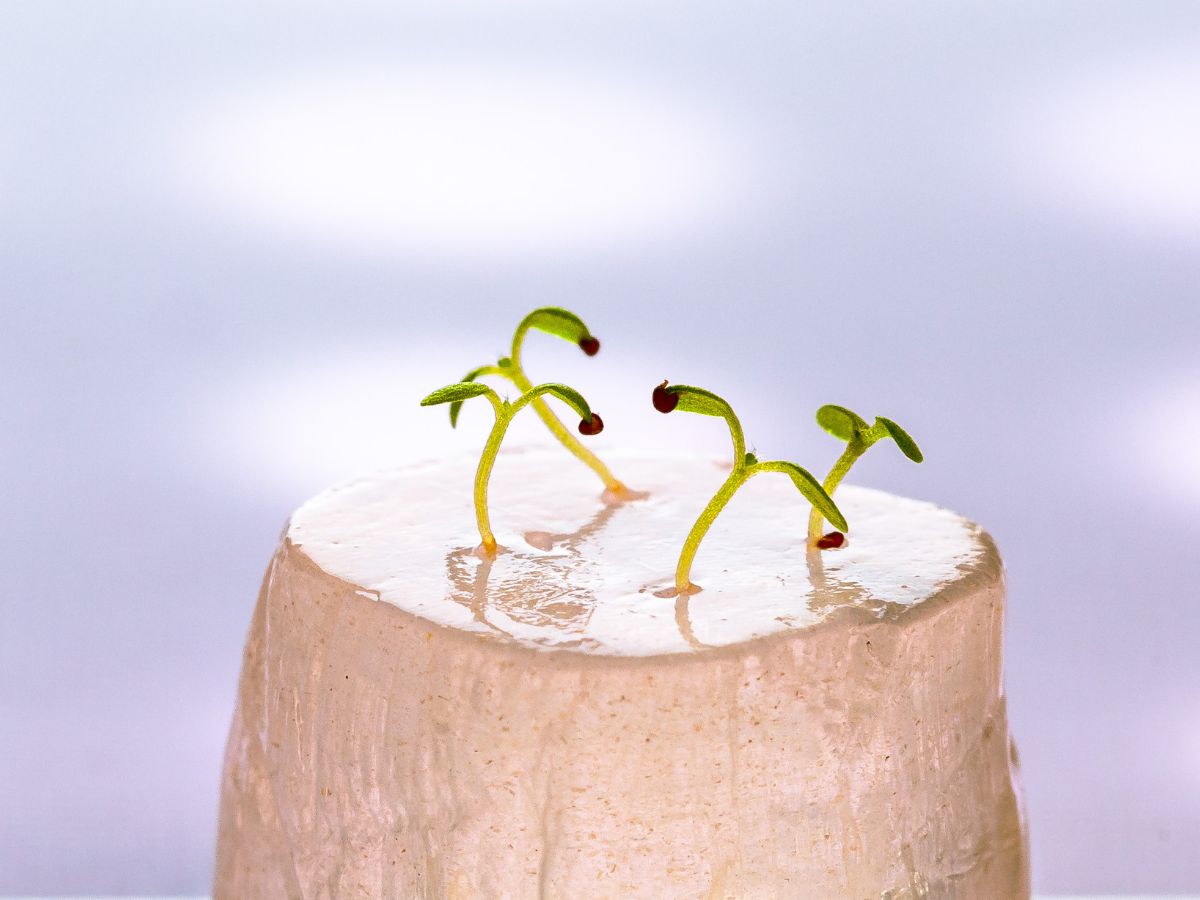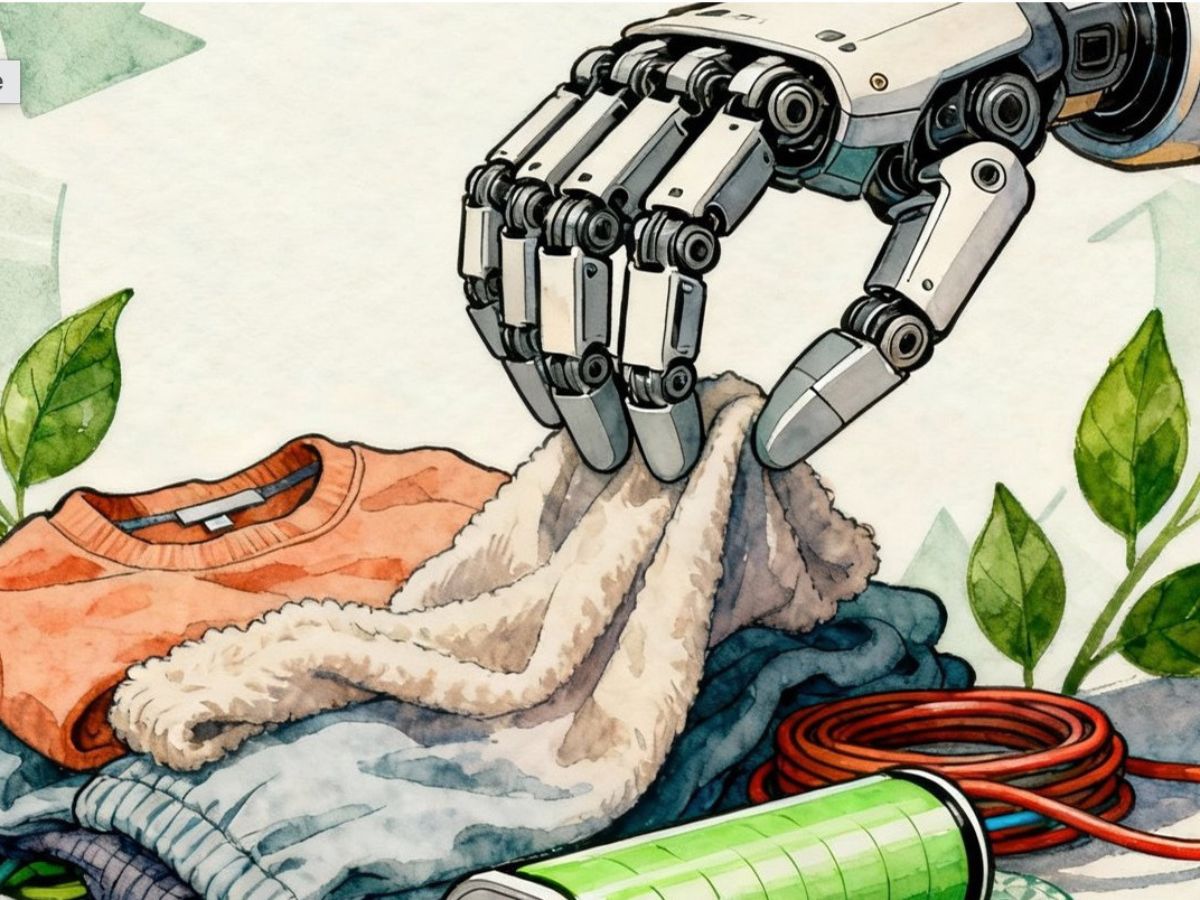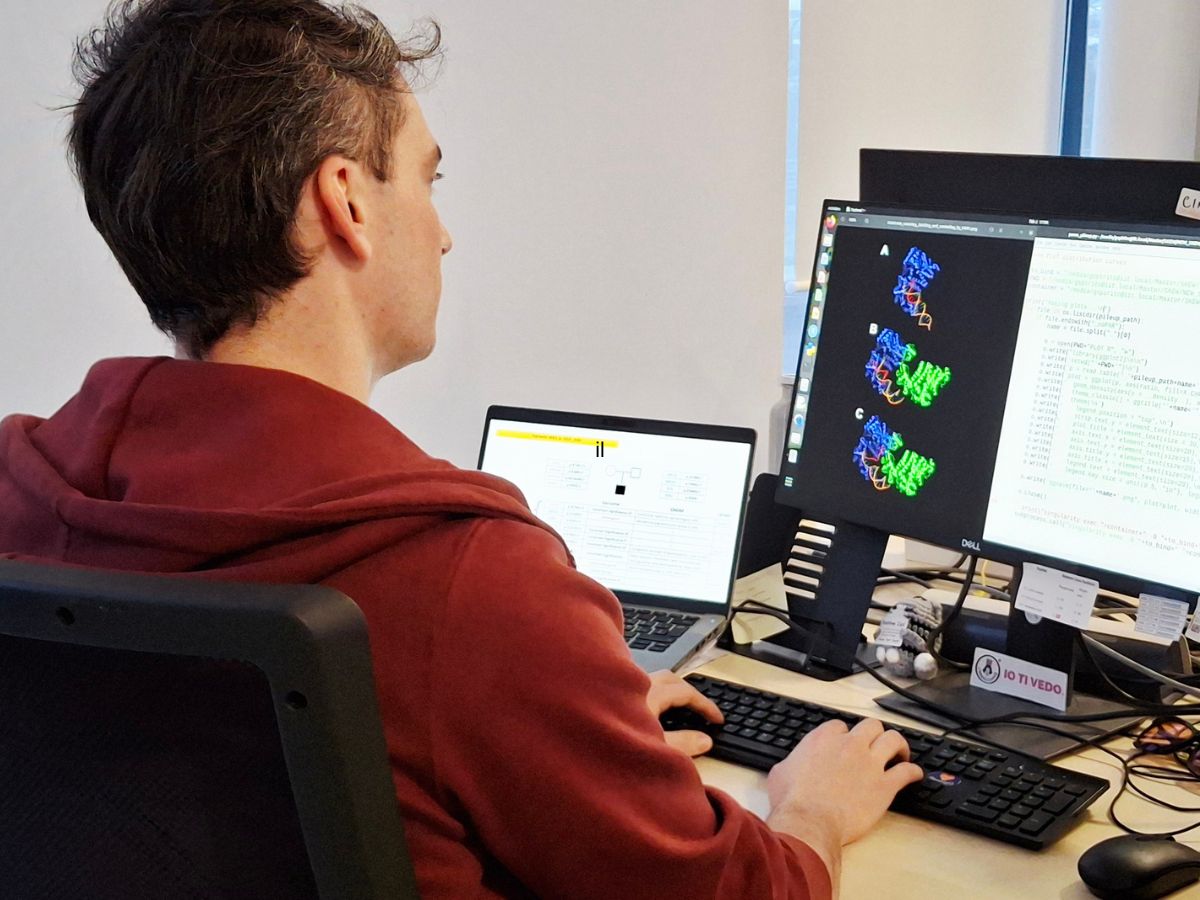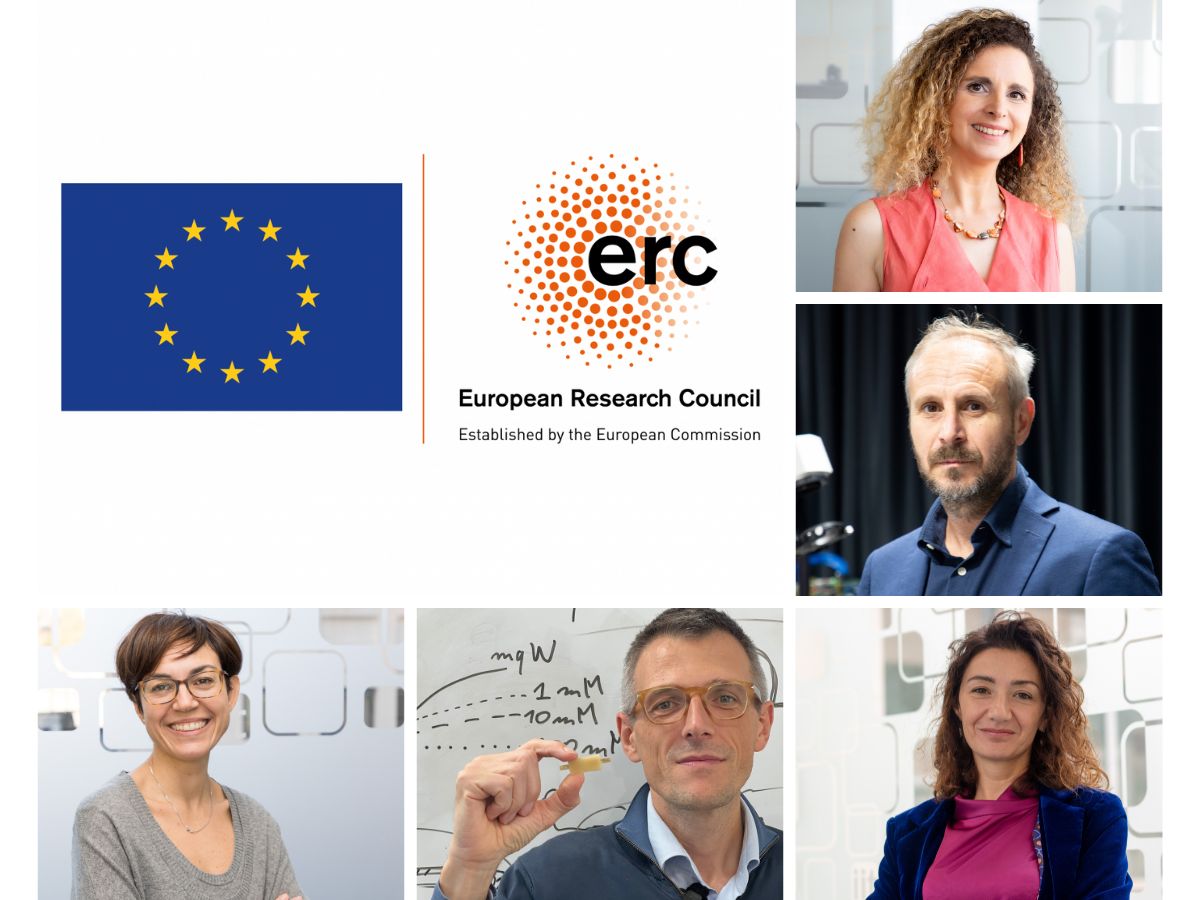The super-absorbent biopolymer material retains water and enables plants to grow even in drought conditions
It is a fully biodegradable and eco-friendly system for hydroponic agriculture, made of hydrogel and capable of supporting plant growth with minimal water; in the future, it will be able to monitor plant health in real time. This innovation is the result of joint research between the Faculty of Engineering at the Free University of Bozen-Bolzano (UniBz) and the Istituto Italiano di Tecnologia (IIT-Italian Insititute of Technology) in Genoa. The invention offers a zero-waste, low-environmental-impact solution for agriculture, a sector increasingly threatened by climate change, drought, pollution, biodiversity loss, and soil degradation.
The research study has been published in the American Chemical Society (ACS)’s journal Agricultural Science & Technology and stems from a multidisciplinary project involving researchers from the Faculty of Engineering of the Free University of Bozen-Bolzano (UniBz) —Camilla Febo, researcher at IIT and UniBz, Professors Paolo Lugli and Luisa Petti of the Sensing Technologies Lab, in collaboration with Professors Tanja Mimmo and Luigimaria Borruso from the Faculty of Agricultural, Environmental and Food Sciences at UniBz, within the framework of the Competence Centre for Plant Health— and from the Smart Materials Unit at the Istituto Italiano di Tecnologia (IIT) — Athanassia Athanassiou, principal investigator and Vice Scientific Director of IIT, and IIT researcher Danila Merino.
Hydrogels are materials whose internal structure is composed of a polymer network, designed to be porous and therefore very advantageous in applications where it is important to retain water or nutrients. In horticulture, they are emerging as sustainable alternatives to petroleum-based foams and pots.
At IIT’s laboratories in Genoa, researchers produced hydrogels from biopolymers, specifically carrageenan, a polysaccharide extracted from red algae and widely used for its gelling, thickening, and stabilizing properties. The resulting hydrogel is biodegradable and can be safely applied to soil without causing pollution. The team enriched the porous material with whole-algae extracts, which serve as biostimulants: substances that stimulate natural plant processes to improve nutrient efficiency, stress tolerance, and crop quality, regardless of nutrient content.
The final material has the ideal properties for use in soilless farming, such as hydroponics, and requires only minimal amounts of water. Plant tests were conducted in the laboratories in Bolzano.
The research team showed that the hydrogel can retain large amounts of water, swelling by up to 7000%, and can also support plant growth from seeds. Tests with the model plant Arabidopsis thaliana demonstrated a more vigorous growth process compared to traditional hydroponic substrates.
The South Tyrolean scientists also plan to integrate flexible, biodegradable sensors into these hydrogel scaffolds, enabling precision farming by monitoring plant health and soil conditions in real time.
“Our goal,” emphasizes Camilla Febo, researcher at UniBz/IIT, “was to develop a material that was not only biodegradable and sustainable, but that could also actively interact with plants, efficiently providing them with water and nutrients. The hydrogel we created can retain moisture and gradually release it, significantly reducing water consumption. This approach represents an important step towards more resilient and environmentally friendly agriculture.”
“At a time in history when freshwater resources are drastically diminishing and plastics are increasingly polluting the environment, at IIT we are focusing on developing smart and sustainable materials to counteract these effects through concrete solutions for key sectors such as agriculture,” states Athanassia Athanassiou, Vice Scientific Director of IIT and Head of the Smart Materials Unit. “In this work, we used exclusively natural marine resources to engineer a hydrogel that retains water and provides nutrients to plants. Materials engineering from natural resources is one of the foundational areas of the research unit I coordinate, with applications ranging from precision agriculture to packaging, water purification, green electronics, and marine biodiversity.”
“Technological innovation must go hand in hand with environmental sustainability,” comments Luisa Petti, professor and head of the Sensing Technologies Lab at UniBz. “In our laboratory, we focus on designing flexible and biodegradable electronic devices that can be integrated into smart agricultural systems. The hydrogel developed in collaboration with IIT in Genoa is a concrete example of how technology can support agriculture by improving resource efficiency and reducing environmental impact. This project demonstrates that it is possible to combine innovation and sustainability to address global challenges related to food security and climate change.”






